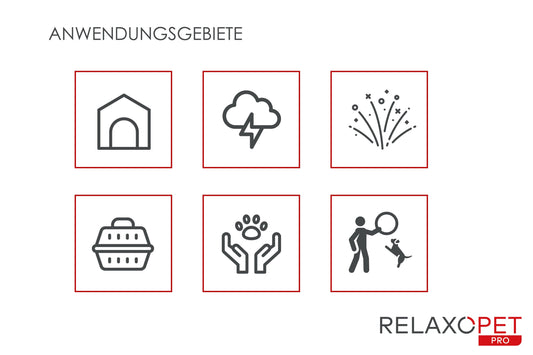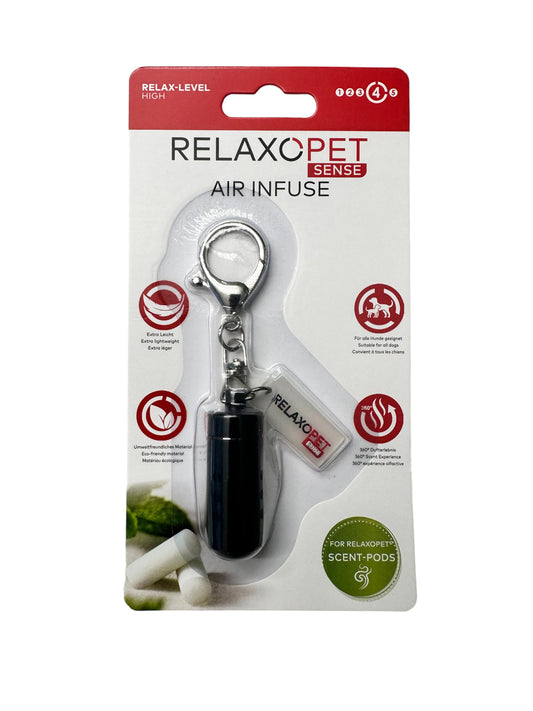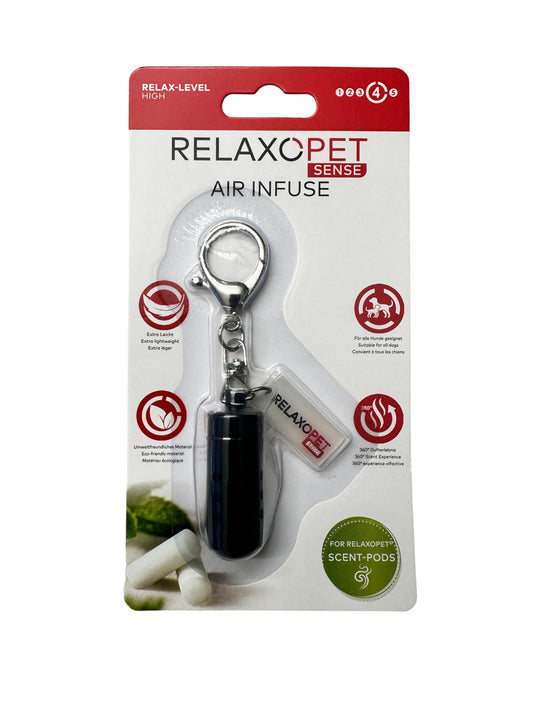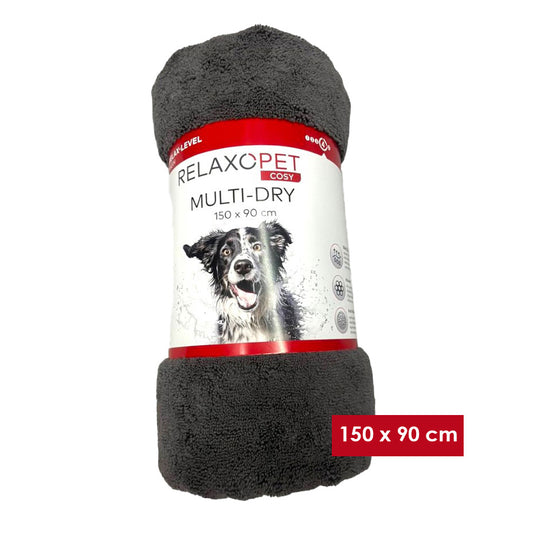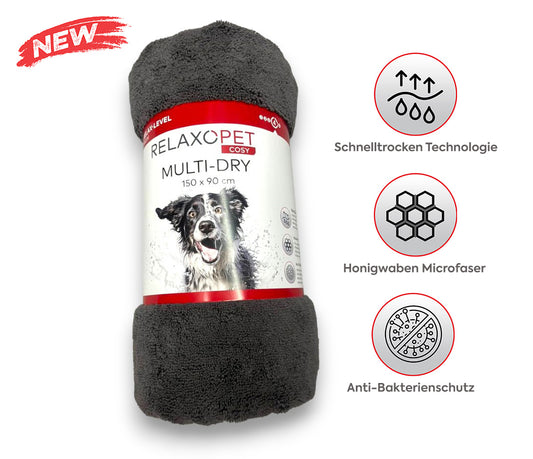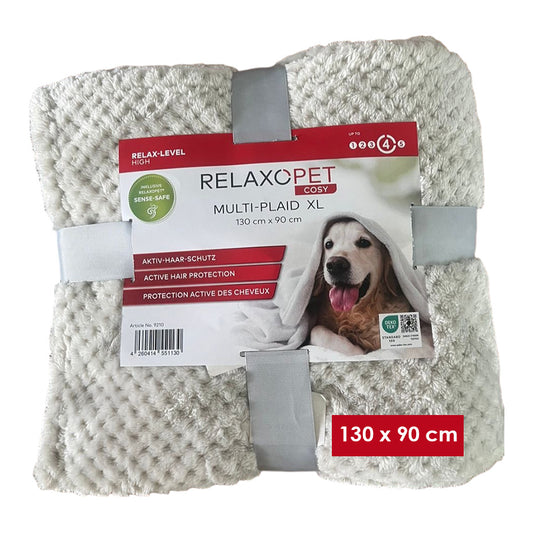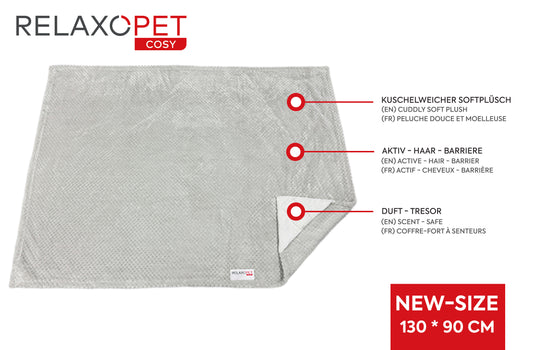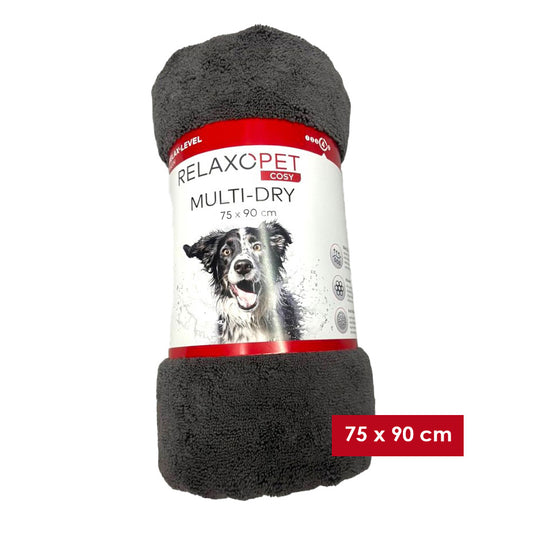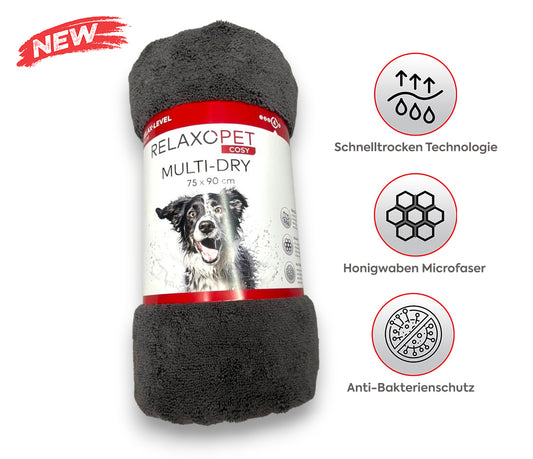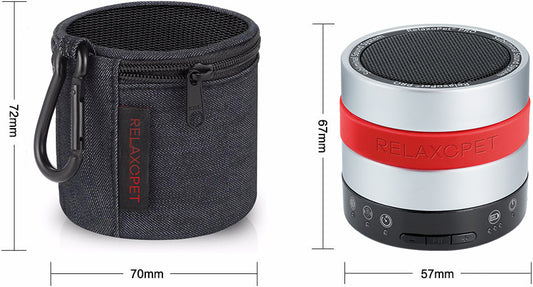
Tick season
Share
Tick season: prevention, removal and protective measures
With the onset of the warmer season, tick activity also increases, requiring increased vigilance from dog owners. Ticks can not only cause unpleasant bites but also transmit dangerous diseases to dogs. In this blog post, we would like to provide you with some important information and tips on how to protect your dog from ticks and what to do in the event of a tick bite.
Preventive measures:
One of the best ways to prevent ticks on your dog is to use tick repellent products. Talk to your veterinarian about the spot-on treatments, collars, or tick repellent sprays that are best for your dog. Regular combing and checking the coat can also help detect ticks early.
Check after walks:
After every outdoor walk, you should check your dog for ticks. Pay particular attention to areas of the body such as the head, ears, neck, armpits, belly, and between the toes. If you find a tick, remove it as soon as possible to minimize the risk of disease transmission.
Correct removal of ticks:
For safe tick removal, it's best to use special tick tweezers or tick removal tools. Grasp the tick as close to the skin as possible and pull it out slowly and evenly without squeezing it. Make sure the tick's head is completely removed to avoid infection. Disinfect the bite site afterward.
Monitoring for symptoms of illness:
After a tick bite, monitor your dog for possible symptoms of illness. These include fever, loss of appetite, lethargy, lameness, joint pain, or changes in behavior. If you notice these signs, consult a veterinarian immediately to detect and treat possible diseases such as Lyme disease or anaplasmosis early.
Maintain the environment:
Keep your yard or the area where your dog spends time clean and free of tall grass, bushes, and leaves. Ticks like to hang out in such areas. Regularly mowing the lawn and removing leaves and plant debris can reduce the risk of ticks.
Check vaccination status:
Talk to your veterinarian about possible vaccinations against tick-borne diseases such as Lyme disease or anaplasmosis. Such vaccinations can provide your dog with additional protection.
Conclusion:
Prevention, control, and proper tick removal are crucial to protecting your dog from potential illnesses. By conducting regular tick checks, taking preventative measures, and visiting your veterinarian when needed, you can ensure your dog's health and well-being. Spend worry-free time outdoors and enjoy activities together without the constant worry of ticks.
With the onset of the warmer season, tick activity also increases, requiring increased vigilance from dog owners. Ticks can not only cause unpleasant bites but also transmit dangerous diseases to dogs. In this blog post, we would like to provide you with some important information and tips on how to protect your dog from ticks and what to do in the event of a tick bite.
Preventive measures:
One of the best ways to prevent ticks on your dog is to use tick repellent products. Talk to your veterinarian about the spot-on treatments, collars, or tick repellent sprays that are best for your dog. Regular combing and checking the coat can also help detect ticks early.
Check after walks:
After every outdoor walk, you should check your dog for ticks. Pay particular attention to areas of the body such as the head, ears, neck, armpits, belly, and between the toes. If you find a tick, remove it as soon as possible to minimize the risk of disease transmission.
Correct removal of ticks:
For safe tick removal, it's best to use special tick tweezers or tick removal tools. Grasp the tick as close to the skin as possible and pull it out slowly and evenly without squeezing it. Make sure the tick's head is completely removed to avoid infection. Disinfect the bite site afterward.
Monitoring for symptoms of illness:
After a tick bite, monitor your dog for possible symptoms of illness. These include fever, loss of appetite, lethargy, lameness, joint pain, or changes in behavior. If you notice these signs, consult a veterinarian immediately to detect and treat possible diseases such as Lyme disease or anaplasmosis early.
Maintain the environment:
Keep your yard or the area where your dog spends time clean and free of tall grass, bushes, and leaves. Ticks like to hang out in such areas. Regularly mowing the lawn and removing leaves and plant debris can reduce the risk of ticks.
Check vaccination status:
Talk to your veterinarian about possible vaccinations against tick-borne diseases such as Lyme disease or anaplasmosis. Such vaccinations can provide your dog with additional protection.
Conclusion:
Prevention, control, and proper tick removal are crucial to protecting your dog from potential illnesses. By conducting regular tick checks, taking preventative measures, and visiting your veterinarian when needed, you can ensure your dog's health and well-being. Spend worry-free time outdoors and enjoy activities together without the constant worry of ticks.


